(Blog - 3) Harnessing the Power of People Analytics in Human Capital Management
May 8, 2023
In today's fast-paced business environment, organizations are continuously seeking ways to gain a competitive edge, and one area that has gained significant attention is Human Capital Management (HCM). At the forefront of this transformation is People Analytics, a powerful tool that enables organizations to make data-driven decisions and optimize their workforce. This article delves into the critical aspects of People Analytics in HCM, the challenges associated with its implementation, and the trade-offs involved in balancing a range of factors.
The Power of People Analytics in HCM
People Analytics is becoming an increasingly valuable tool for organizations that want to make informed decisions about their workforce. It involves the collection, analysis, and interpretation of employee data, which can help organizations identify patterns, trends, and insights that can inform various aspects of workforce management.
By integrating People Analytics into HCM processes, organizations can gain a more comprehensive understanding of their workforce and make smarter decisions that lead to better business results. For example, data on employee engagement and productivity can be used to identify areas where improvements can be made, such as training and development programs.
Furthermore, People Analytics can help organizations optimize various aspects of workforce management. For instance, recruitment and onboarding can be improved by analyzing data on employee performance and retention rates. Performance management and employee development can also be enhanced by using data-driven insights to identify areas where employees might need additional support or training. The use of People Analytics can provide organizations with a more holistic view of their workforce, allowing them to make data-driven decisions that can eventually improve employee engagement, productivity, and retention.
Key Factors Impacting People Analytics in HCM
People Analytics in HCM has been successful due to several critical factors. One of these factors is HR Analytics, which is a subdomain of People Analytics. HR Analytics focuses on enhancing HR processes, such as talent acquisition, performance management, and employee engagement. By using HR Analytics, organizations can maximize their human capital investments and drive better business outcomes. For instance, HR Analytics can help organizations identify the most effective recruitment channels or determine which employee training programs yield the highest return on investment.
In addition to HR Analytics, the HR department plays a vital role in any People Analytics initiative. As the primary custodian of employee data, the People or HR department faces several challenges. One of the significant challenges is ensuring data accuracy. Ensuring data accuracy is essential for People Analytics to thrive and deliver tangible results. Addressing privacy concerns and fostering a data-driven culture within the organization are other challenges that the HR department faces. However, overcoming these challenges is crucial to the success of People Analytics. HR professionals must ensure that employee data is consistently collected, cleaned, and stored in a secure manner while adhering to relevant data protection regulations.
Human Capital Management (HCM) is also a critical factor in the success of People Analytics. HCM encompasses various HR functions like recruitment, performance management, and learning and development. Integrating People Analytics into HCM processes can lead to improved overall performance. This integration allows organizations to make more informed decisions that benefit both the employees and the business. For example, by analyzing workforce data, companies can better understand the factors that drive employee engagement and take targeted actions to improve it.
Lastly, the organizational culture has a considerable impact on the success of People Analytics. A data-driven culture that encourages employees and leaders to embrace People Analytics is essential for its success. Fostering a culture of continuous learning and improvement is necessary for organizations to leverage People Analytics to drive meaningful change and growth. Therefore, promoting a mindset that values evidence-based decision-making and encouraging collaboration between HR professionals, data analysts, and other stakeholders to ensure that People Analytics initiatives are aligned with the organization's strategic objectives is crucial. People Analytics in HCM has been successful because of several critical factors, including HR Analytics, the HR department, HCM, and organizational culture. Leveraging these factors can lead to improved overall performance while maximizing human capital investments and driving better business outcomes.
Challenges and Trade-offs
While People Analytics holds significant potential, there are several challenges that organizations must overcome to fully leverage its benefits. One way to address these challenges is to invest time and resources in creating a reliable, integrated database before embarking on advanced analysis. This would entail ensuring data quality and integration, which is crucial for deriving accurate insights that inform decision-making. Organizations may need to integrate data from various sources, such as HR information systems, employee surveys, and performance management systems, to create a comprehensive and up-to-date picture of their workforce.
Another challenge is striking a delicate balance between data privacy and insights. With access to sensitive employee data, organizations must implement robust data governance policies and practices to ensure privacy is maintained. Navigating the trade-offs between data privacy and actionable insights is essential for responsible and effective use of People Analytics. This may involve educating employees about the benefits of People Analytics and reassuring them that their privacy is protected. Obtaining necessary consents and ensuring compliance with relevant data protection regulations is also important.
Change management is another hurdle that organizations must overcome. Implementing a data-driven approach in HCM requires a shift in mindset and organizational culture. Overcoming resistance to change and promoting a data-driven mindset among leaders and employees is critical for People Analytics to succeed. This may involve providing training and support to help HR professionals and other stakeholders develop the necessary skills to effectively leverage People Analytics. Highlighting the benefits of data-driven decision-making through real-world examples and success stories can also help.
Furthermore, the challenge of talent acquisition must be addressed. Attracting and retaining skilled data analysts and HR professionals with expertise in People Analytics is difficult for many organizations. One way to overcome this challenge is by developing in-house talent or partnering with external experts. This can help address the talent gap and ensure the successful implementation and continuous improvement of People Analytics initiatives. Organizations can also explore collaborations with universities and research institutions to access cutting-edge expertise and stay up to date with the latest developments in People Analytics.
While People Analytics offers immense potential for organizations, addressing challenges such as creating a reliable database, maintaining data privacy, promoting a data-driven culture, and addressing talent gaps are crucial for its successful implementation. By investing in the necessary resources and addressing these challenges, organizations can leverage the power of People Analytics to drive informed decision-making and achieve better outcomes for their workforce.
Conclusion
People Analytics is a powerful tool that has revolutionized human capital management. With the help of People Analytics, organizations can make data-driven decisions that enhance employee engagement, productivity, and retention. This approach has become increasingly popular in recent years, and for good reason. By analyzing data, organizations can gain valuable insights into their workforce, identify areas for improvement, and drive meaningful change.
However, it's important to note that embracing People Analytics is not without its challenges. One of the biggest challenges is related to data quality. Inaccurate or incomplete data can lead to flawed analysis and unreliable insights. Privacy is another important consideration, as organizations need to ensure that they are collecting and analyzing data in a responsible and ethical manner.
Change management is also a key factor in successfully implementing People Analytics. Organizations need to communicate the benefits of this approach to their employees and ensure that they are comfortable with the new processes and technologies. Finally, talent acquisition is an important consideration, as organizations need to ensure that they have the right people in place to analyze and interpret the data.
Despite these challenges, the benefits of People Analytics are clear. By embracing this approach, organizations can unlock the full potential of their workforce and drive success in an increasingly complex world. Investing in People Analytics is not just about crunching numbers; it's about transforming your approach to human capital management and securing the long-term success of your organization.
About the author

Muthu Kumar Hanu (aka MK) is an experienced Global HR Technology/HRIS Executive who has supported purpose-driven companies through rapid growth and transformation. He is a co-founder and managing partner of Future of HR Inc (www.futureofhrinc.com). He is also an investor, startup mentor and coach at Elevt Inc (www.elevt.com). With a keen focus on enabling change through mindset, people, process, and technological interventions & improvements, Muthu has successfully reduced costs and improved bottom-line profitability for organizations across multicultural environments in Americas, Europe, and Asia-Pacific.
As a strong believer in the value of human capital, Muthu is committed to leading global transformation programs and fostering innovation and collaboration within teams. Muthu holds various industry certifications in business, technology and management domains. Some of his notable certifications include Project Management Professional (PMP), Agile/Scrum Master, Senior Professional of Human Resources (SPHR), Global Professional of Human Resources (GPHR), Senior Professional of Human Resources - International (SPHRI), People Analytics & Future of Work (PAFoW), Employee Experience & Design Thinking and Digital Transformation Leadership.
Connect with Muthu on LinkedIn or email at mhanu@futureofhrinc.com
